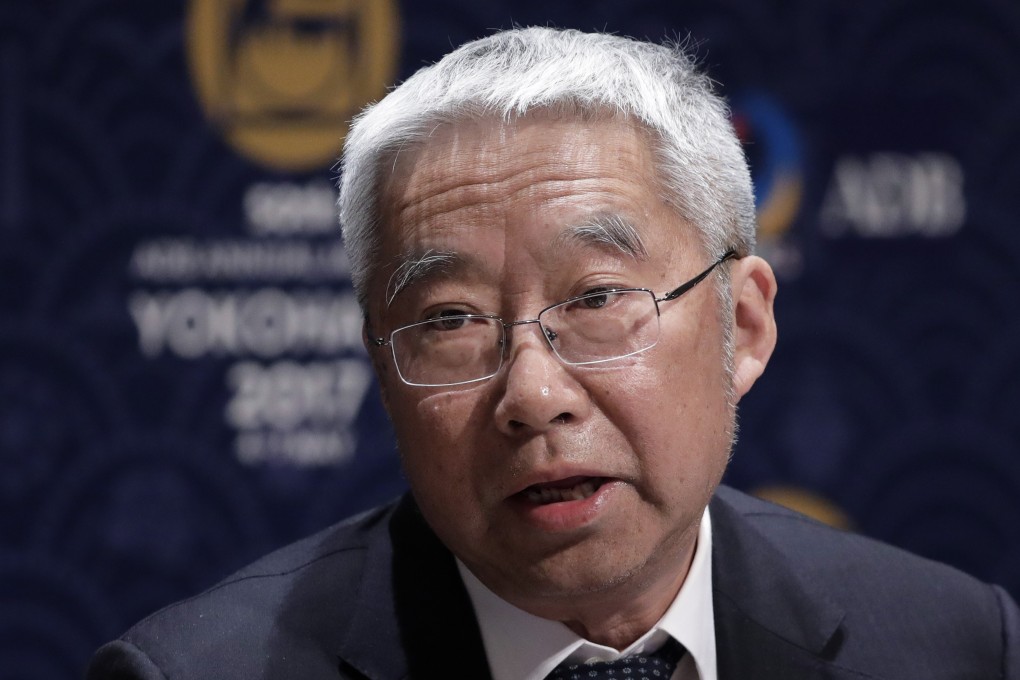Hong Kong dollar could be unpegged from US dollar if protests create economic crisis, economist warns
- Sharp deterioration in city's economic health could force Hong Kong to sever peg to the US dollar, Chinese economist Yu Yongding has warned
- The government has stressed its commitment to the linked exchange rate system, which is underpinned by massive forex reserves

If anti-government protests cause an even greater deterioration of Hong Kong’s economy, the government could be forced to sever the city’s peg to the US dollar, prominent Chinese economist and former central bank adviser Yu Yongding has warned.
“We don’t see an immediate risk of delinking based on the city’s current balance of payments and financial statistics, but we have to keep a close eye on that possibility,” Yu told the South China Morning Post in a recent interview.
“However, if Hong Kong’s current account were to fall into deficit, and the government intervenes by using its foreign exchange reserves, then a crisis could occur due to a shortage of foreign reserves.
“So what's the scenario? Hong Kong's economy is highly dependent on the services and tourism industries. If [the number of] tourists continue to decline and some financial companies leave the city, that would inevitably affect the real economy and the balance of payments, and that would eventually lead to a crisis,” Yu added.

The 71-year-old Yu, a PhD graduate from Oxford, was the former director of the Institute of World Economics and Politics at the Chinese Academy of Social Sciences. He also served on the Monetary Policy Committee of the People’s Bank of China and as an advisory committee member for the National Development and Reform Commission and Ministry of Foreign Affairs.